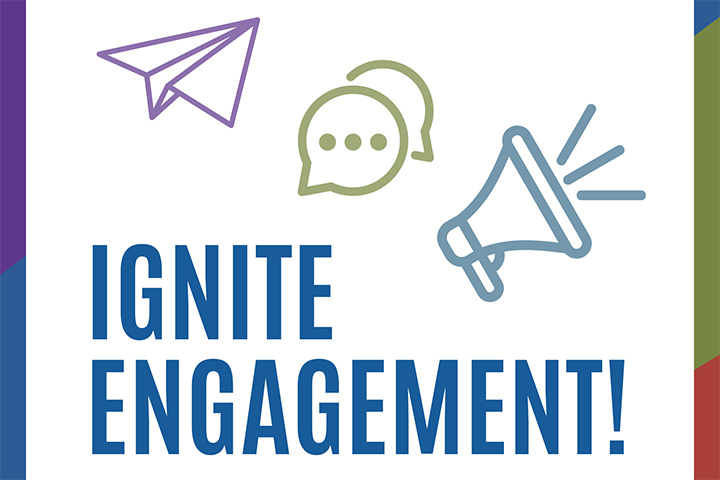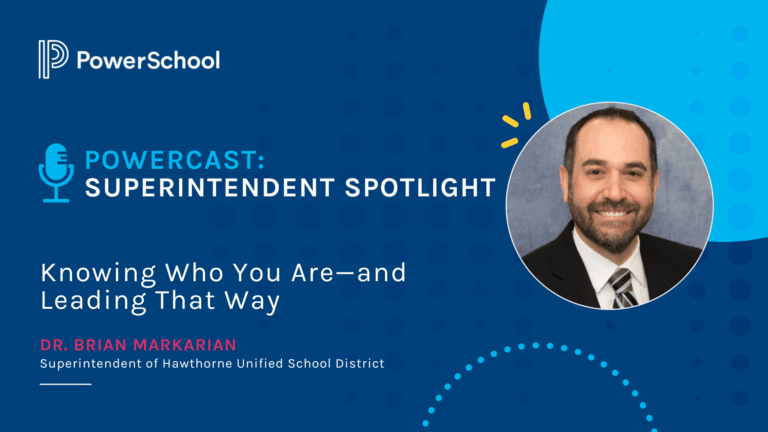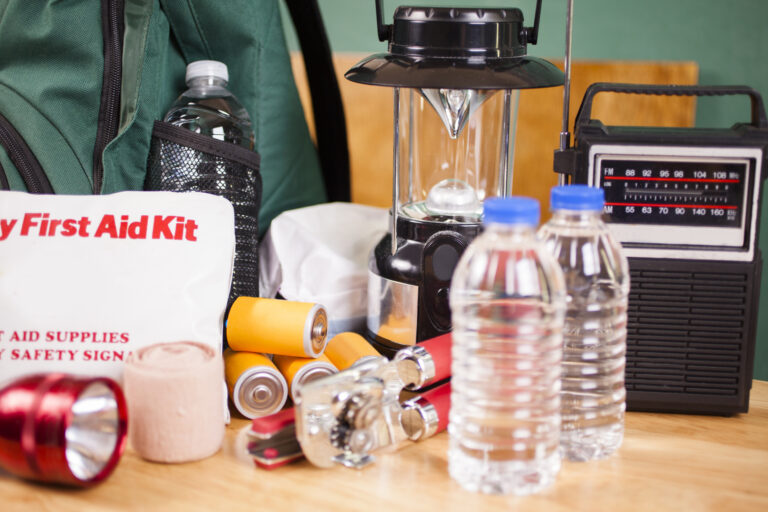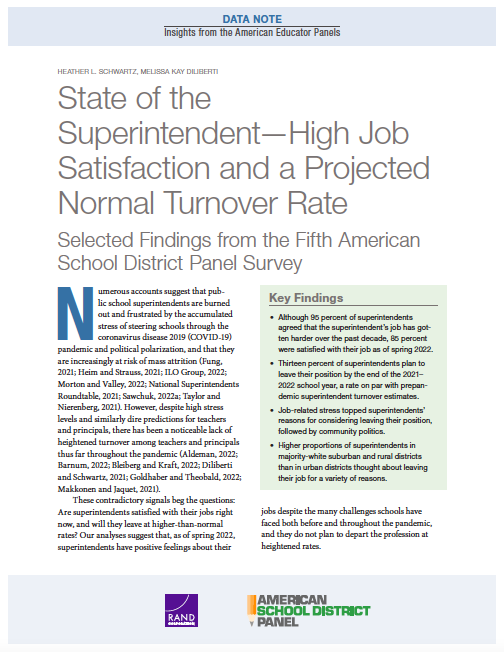Managing stress can be learned the easy way or the hard way. Tomorrow is not a given, so it’s important to live life in the present; really be there, connected to what’s of value in your life.
By Kathy Espinoza
When was the last time you laughed really hard, so hard you had tears in your eyes and your abdominal muscles were sore? My kids sent me a clip from Jimmy Kimmel’s Father’s Day Challenge, and I “belly laughed” throughout the entire clip. When it finished, I felt so much better – just from laughing.
Most of the time, we remember to buy milk at the store, get the kids to school and tackle the robust “to-do” list at work, but so much of the time, we forget to laugh.
Life happens
A good indicator of how much stress you carry is directly related to how long it takes you to wind down into your vacation. The more stress in your “normal” world, the longer it takes to de-brief. The problem is that winding down into vacation mode happens only once or twice a year, if you are lucky. For most of us, we look forward to the weekends, which should be a great time to unplug.
By 7 p.m. on Friday, we start “shoulding” on ourselves: I should get the laundry going; I should make a list for the grocery store; I should bathe the animals; I should help the kids with their science fair project – the list goes on and on. Before you know it, it’s Sunday night at 7 p.m., and you’re exhausted and forgot to live, laugh and unplug.
Most of us are accomplished jugglers. We juggle a never-ending list of items to get done at work, at home, in life. And we put a lot of pressure on ourselves, feeling guilty if we sit down and watch a movie for an hour. The Great Recession made us realize that we need to keep moving, keep working, keep that job, keep up the tremendous pace on the treadmill of life. Better, faster, the constant drive to perfection. No time, no tolerance for obstacles; power through.
Managing stress means putting life into perspective
When training administrators, teachers and students on stress management, one of the most powerful tools I offer is this: First, you have to recognize when you are stressed.
Adults know the feeling of being stressed, whether it’s a rapid heart rate, indigestion, headaches, anxiety, being short and snippy, fatigued, overwhelmed, ears getting warm, etc. Students don’t realize what’s going on when they feel these things, so it’s important to teach them to recognize stress.
Most students cannot recognize when they are stressed but they all know when their parents or teachers are. “My dad screams and yells when he is stressed!” “My mom goes silent, and we all know that she is angry.” Only when we are able to recognize our own symptoms caused from stress can we learn how to cope with it.
Second, put a number on it. What’s the worst thing in your life you’ve ever had to deal with? Death of a parent, sibling or child? Divorce? Cancer? We all have an event that we would never want to experience again. That’s your 10 on a scale of 1 to 10.
When you start to feel the symptoms of stress, stop and ask yourself what number you would put on what’s happening right now, that scale of 1 to 10, with 10 being the worst event you’ve lived through. What number would you give five phone calls coming in at the same time? What number would you place on an angry parent in your office?
The problem today is that everything is a 10, and in reality, it’s not. In our minds, traffic to work is a 10, the backed-up line at the supermarket is a 10, getting sick is a 10. Students do exactly the same thing. When I ask students what number they would put on not having their homework done, that’s a 10. Really? What number would you put on having your brother killed by a gang member? That’s a 10. Yes! That IS a 10! We all need to put life into perspective to manage stress effectively. Not everything in life is a 10, and our challenge is to figure out what’s a 10 and what’s not.
Time suckers and time management skills
To manage life’s treadmill, administrators, teachers, parents and students must learn time management. One of the biggest time suckers today is the device we hold in the palm of our hand that blurs the thin line between work and home. What may start with “what time is it?” quickly becomes “I wonder if I have any emails from work,” or “Let me check my Facebook/Twitter/Instagram to be sure I didn’t miss anything” to “I need to relax my brain with some Candy Crush Saga or Solitaire.” There is such a thing as compulsive checking, and literally hours of productivity are lost from this technological wonder.
The device isn’t going away, so the best time management skill is to use the timer on the device and set a limit. If you find you are compulsively checking your phone at work, every 15 minutes, allow yourself to check it, but first, set the phone timer for two minutes and then indulge. Go another 15 minutes and repeat. Gradually lengthen the time in between the device checking. Put the phone on vibrate for work email notification after hours. We react to the ping of an incoming email similar to Pavlov’s dog. Hear the ping, and we compulsively get the itch to go check on it.
If you need a little Candy Crush time, set the timer for 30 minutes and stop when the alarm goes off. If we don’t place a physical limit on the device, it sucks away time and energy, and before you know it, three hours have slipped away from your deep-dive into the world of Pinterest.
Make a conscious effort to really be in the moment with your staff, students and family. That may mean putting down the device during lunch and having a “no device policy” at the dinner table. It’s important to model good device checking behaviors.
Life’s lessons learned the hard way
I’ve read that life can only be understood backwards, but it must be lived forward (Søren Kierkegaard). Unfortunately, many of us learn this too late.
I am part of a club, one that I didn’t ask to join. My club is called the “cancer club,” and it started 13 years ago when I was diagnosed with bladder cancer. One wonders how a person who exercises seven days a week, doesn’t eat meat, drink or smoke would gain membership in this elusive group. Having a cancer with an 80 percent return rate, I realized that my time on earth was precious, and I learned to value each day, live in the moment and really be in the present, with my family and my job.
In 2012, I renewed my membership in this club. My cancer returned, found on a routine recheck, without any symptoms announcing its arrival. It crept back into my life at a point where I was getting comfortable with “time.” I was feeling smug about getting my kids into adulthood, still enjoying the person I fell in love with in high school 41 years ago, working for a fantastic company … life was good.
Surgery was done two weeks later and chemo started the following week. Progressing through six weeks of poison being injected into my system, I felt weakened and realized that I’d taken my good health for granted as I watched my hard-earned muscles shrivel and my wrinkles succumb to gravity. Suddenly, I was old.
Membership was renewed again in 2014 with a nasty skin cancer on my face that resulted from being part of the “baby oil generation.” It was a grinding seven-hour surgery to remove the cancer, and I walked out with what can only be described as a lovely, 30-stitch centipede running from my eye down to below my nose. Happily, my husband only called me, “Sally,” from the “Nightmare before Christmas,” one time.
In 2016, the doctor felt I had too much cancer on my face so he decided on chemo to burn off the outer layer of my face. Not fun but after three long weeks of misery, my face returned to normal.
Events like these teach us that there are definite 10s in our lives; too much traffic, screaming kids, phone calls and life in general are not.
We go to bed each night assuming that tomorrow is a given, and we run through all the things we need to get done, all we should have gotten finished today. Stop! When you feel your heart racing, your neck getting warm, and no air in the room, ask yourself, “Is this a 10?”
Sometimes in life, all we need is a little perspective to get us through. Being a member of the cancer club has made me realize that I let too many minutes and hours slip by worrying about tomorrow, disrupting my sleep, taking away quality time spent with my husband and kids. Time is a hungry beast, marching on relentlessly and consuming everything in its path. Time is the same gift given to all of us; 24 hours in a day, and it only becomes valuable when we realize it is running out.
To find balance and manage the treadmill of life, it’s important to make a conscious, purposeful break between work and home. This can help you finish up work mentally before walking in the door to what’s important at home. Here are a few tips to help you decompress from the workday.
Turn the car radio off on your drive home. Let your mind think through the day and file away any leftover thoughts. Don’t make final phone calls or to-do lists for tomorrow; just let the day settle in your head. If we don’t consciously separate ourselves from the workday, we will carry work home in our mind and think about it all evening. Some people even take their workday to bed and wonder why they can’t sleep.
Exercise before you get home. Walk a few laps around the parking lot before getting in your car or swing by the gym on your way home. This gives you time to finish up your day mentally and blow off some stress before you walk in the door to those you love. Most of us have the one chair waiting for us at home, and once you sit down in it, you’re done.
Simplify your life. There is an expression: “If you are everywhere, you are nowhere.” How many activities or obligations do you have after work? Are you on additional committees or have meetings after work that require your time? Do you take the kids to sporting events, art classes and dance lessons? How much of you is left when you are trying to be all things to all people? Are you doing a good job? Maybe it’s time to look at what’s on your plate and adjust.
“Physical clutter is mental clutter.” At times, my desk looks like a tornado came through the office, and I constantly tell myself I’ll get to it later. Calendar a date to clean your desk. How about at home? Are you ever going to read that stack of professional journals you’ve set aside for the past year to read later? Take one room a week, go through and purge. Clearing out physical piles is soothing for our mental health.
“Don’t sweat the small stuff.” Do you know the other half of that saying? “And it’s all small stuff.” Very little in life compares with your 10, so don’t treat small stuff like it’s a catastrophic event. When you start to feel stress coming on, take a moment to put a number on it and deal with it appropriately.
Managing stress can be learned the easy way or the hard way. Your family counts on you to be there for them, and coping with stress is learned by watching others in your life deal with what comes at us.
Your goal is to spend the minutes of each day wisely, both at work and after work. Tomorrow is not a given, so it’s important to live life in the present; really be there, connected to what’s of value in your life.
This world can change quickly, and I’ll bet that if you found out today you were a new member of the cancer club, you would choose to spend your life differently. Make today matter and make every effort to get off the treadmill we call life – or at the least, slow it down.
Kathy Espinoza (), MBA, MS, CPE, CIE is a board-certified professional ergonomist. She has worked with the full-service insurance broker Keenan & Associates for 15 years providing workstation assessments, solutions and training. She has more than 12 years of experience as the coordinator and instructor of wellness and chronic back pain programs for a major hospital. She has published 66 articles in the field of ergonomics, safety and workplace issues.





























